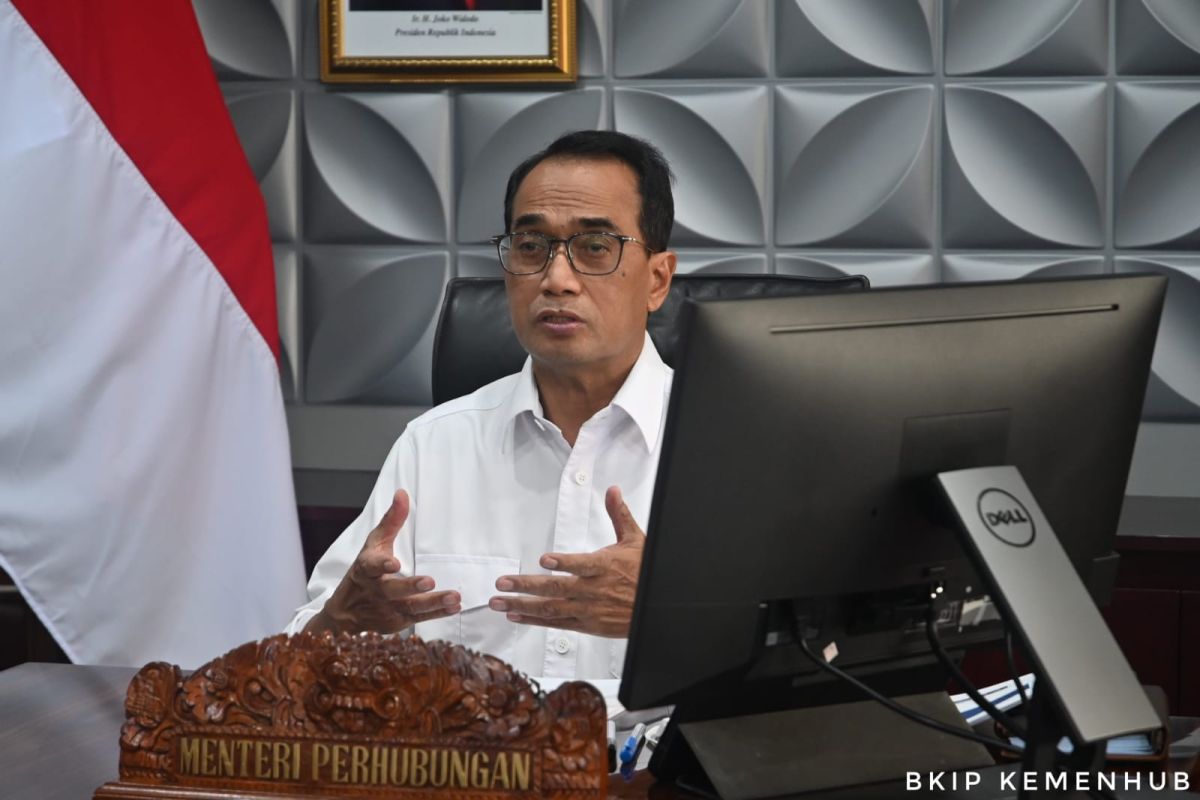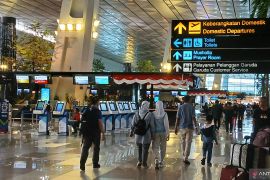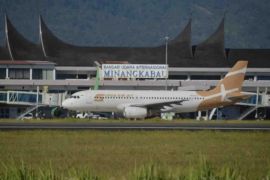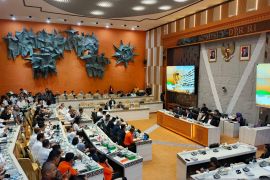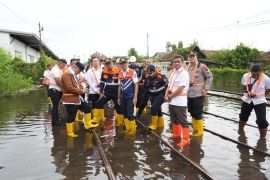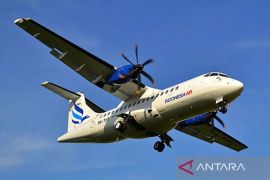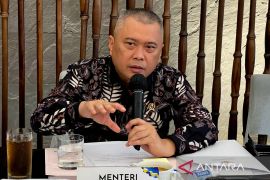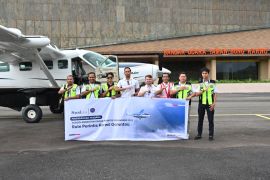“We, together with stakeholders, continue to strive to provide reliable urban transportation services in Jabodetabek. The government continues to push for various innovations and efforts to integrate cross-mode, to create seamless and sustainable mobility for the community," he said in a statement received here on Monday.
Jakarta and its satellite cities (Bogor, Depok, Tangerang, Bekasi) contribute to economic growth in Indonesia, the minister noted.
He said that with a relatively massive population, which is mostly made up of the productive age group, the need for mobility is high. It must be facilitated by providing excellent transportation services, he added.
"With the convenience of public transportation services, public dependence and trust in public transportation will increase, which, in turn, can increase the number (share) of users," Sumadi said.
Meanwhile, head of the Greater Jakarta Transportation Management Agency (BPTJ), Polana B. Pramesti, said that the population growth rate in Jabodetabek is estimated to be around 2.32–2.64 percent per year from 2020 to 2030.
The majority of activities and the economy are still concentrated in Jakarta, and a large number of people are choosing to live in Bogor, Depok, Tangerang, and Bekasi, resulting in an increasing number of commuter trips, she added.
Related news: Governor Baswedan opens forum on Jakarta's public transport system
The need for community movement has reached 88 million people every day while the total population of Jabodetabek is 33.83 million people, she highlighted.
"This growth encourages the development of various types of public transportation services in Greater Jakarta area, such as Bus Rapid Transit (BRT), urban trains such as KRL (commuter line), LRT (light rail transit), MRT (mass rapid transist), taxis, online transportation, and so on," she elaborated.
The need for passenger travel is increasingly complex and the transfer of transportation modes has not been properly facilitated or fully integrated, she noted.
The development of the transportation system in Greater Jakarta is still fragmented, causing the journeys to be longer, less comfortable, and more expensive, Pramesti said. Thus, the support and cooperation of the central government, local governments, and other stakeholders is needed, she added.
"With good synergy, it is expected that we can realize seamless and sustainable transportation services, in accordance with the needs and expectations of the Greater Jakarta people," she remarked.
Related news: Greater Jakarta area to have integrated mass transport system
Translator: Adimas R F P, Mecca Yumna
Editor: Rahmad Nasution
Copyright © ANTARA 2021
